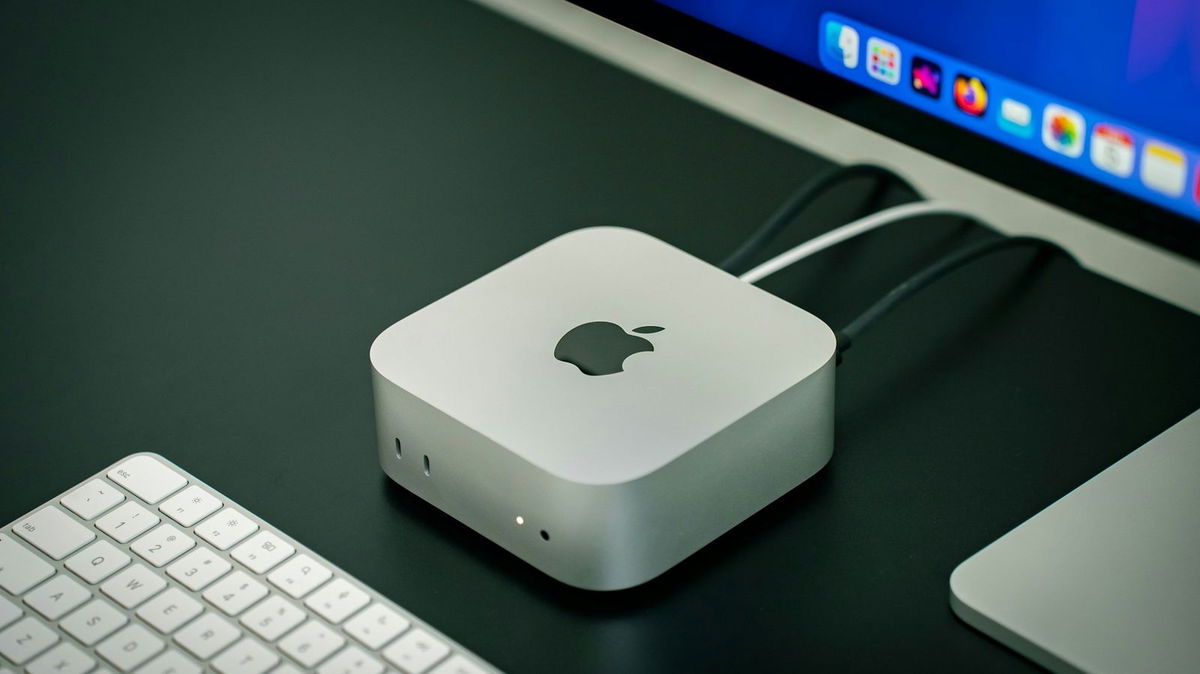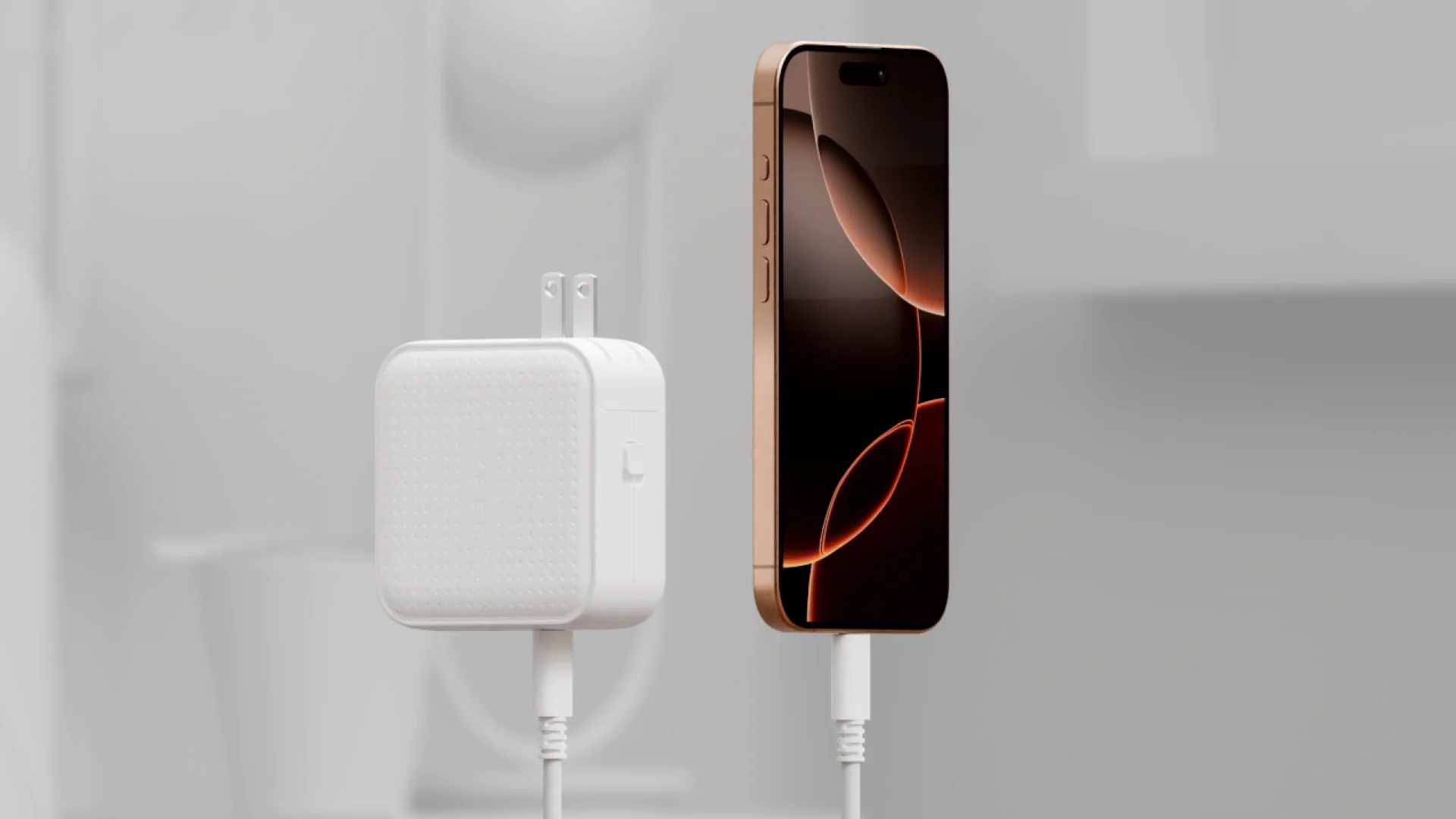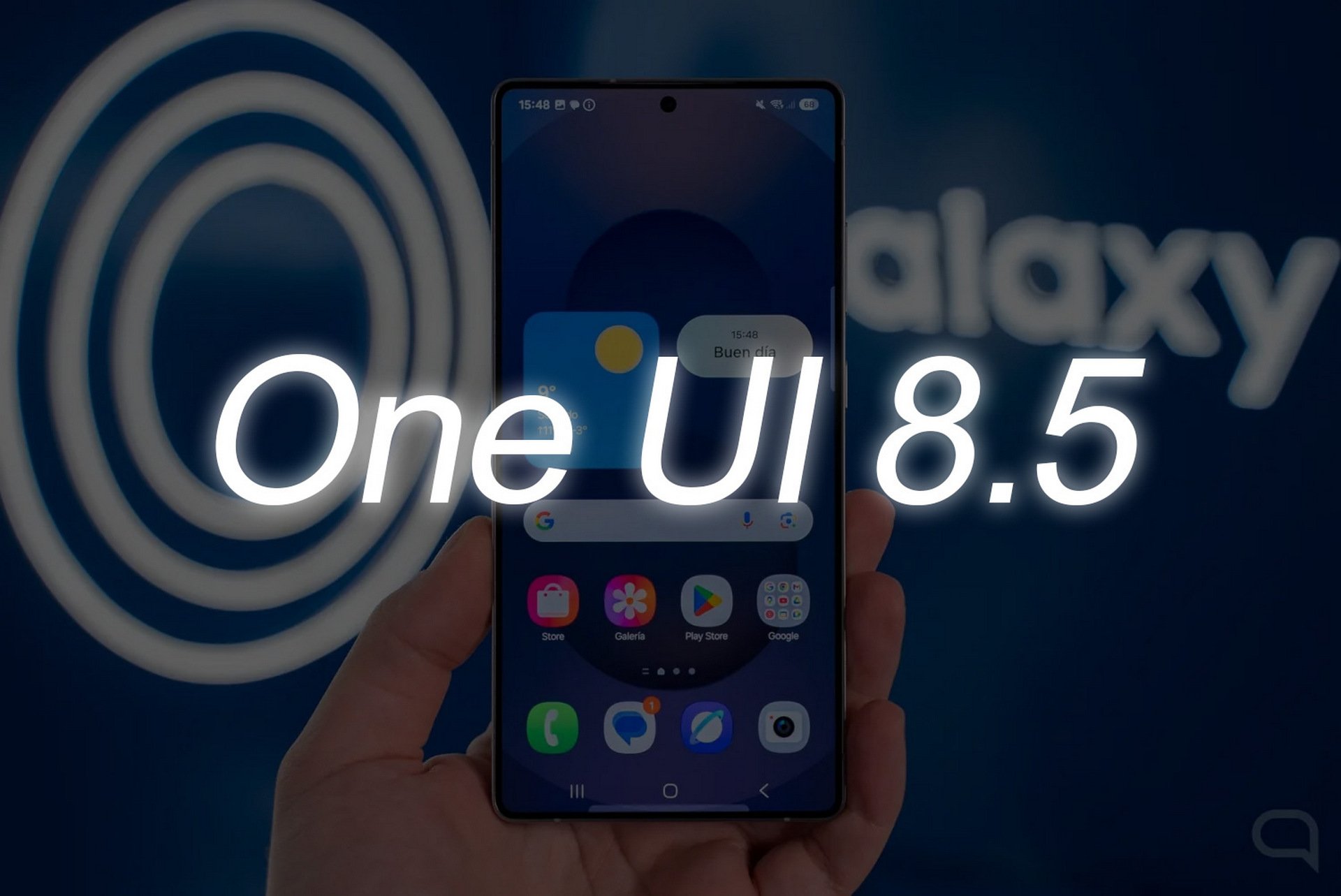HyperOS, Xiaomi’s new operating system that will replace MIUI on the brand’s phones, has already been officially announced, and the beta version of the first version is already being tested on some phones. However, until now it was unknown which models will officially appear, other than those belonging to the Xiaomi 14 series, which will carry this new integrated system. However, the new leak revealed more than just that. HyperOS will have a global launch – that is, will leave China – but also devices that will be updated.
We reiterate that Xiaomi’s HyperOS system will appear by default on the Xiaomi 14 and 14 Pro, which were announced last October in China and could arrive early next year in other markets, including Europe. In the first quarter of 2024 Eight Xiaomi smartphones already released in Spain and other countries outside China, as well as one of its tablets, will also receive an update to the new HyperOS 1.0. At least this is indicated by the source code of the first version of the company’s new system, published by the portal. Civil Service. The list is as follows.
- Xiaomi 13 Ultra
- Xiaomi 13 Pro
- Xiaomi 13
- Xiaomi 13T Pro
- Xiaomi 13T
- Xiaomi 12T Pro
- Xiaomi 12T
- Xiaomi 11T
- Xiaomi Pad 6
We must keep in mind that these models currently have MIUI, so they will no longer have this interface to choose HyperOS, which is actually based on Android 14. It is therefore expected to support Google services and the ability to download applications via Google Play store. At the moment yes, No traces of the update were found for Poco or Redmi mobile phones.
HyperOS: its main new features
On an aesthetic level, HyperOS won’t change much compared to MIUI. The new Xiaomi system actually has a very similar interface; with a minimalist aesthetic in pastel colors, rounded icons, and plenty of customization options. However, some applications will have different designs. For example, the weather app will have a new design with HyperOS.
Xiaomi operating system also has Artificial intelligence based functions, for example, one that allows you to change the background of an image, as well as an assistant capable of making queries, generating text, and more.
On the other hand, HyperOS is much less heavy than any other operating system. It takes up only 8.75 GB device space; the volume is smaller than iOS, which has an approximate weight of 11 GB. HyperOS is also smoother than MIUI and is customized to work with 200 different categories of devices, including home or even car devices, that the company develops.
Source: Hiper Textual
I’m Ben Stock, a highly experienced and passionate journalist with a career in the news industry spanning more than 10 years. I specialize in writing content for websites, including researching and interviewing sources to produce engaging articles. My current role is as an author at Gadget Onus, where I mainly cover the mobile section.














